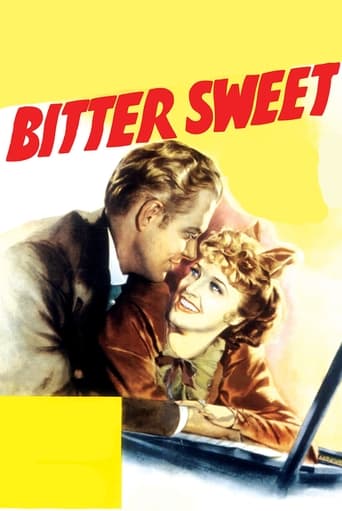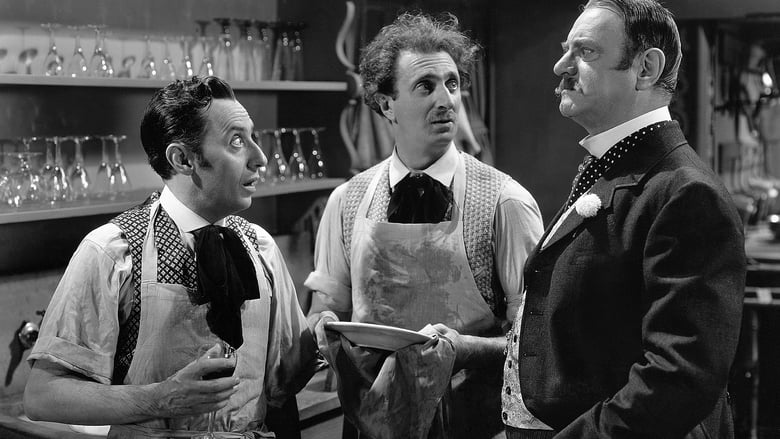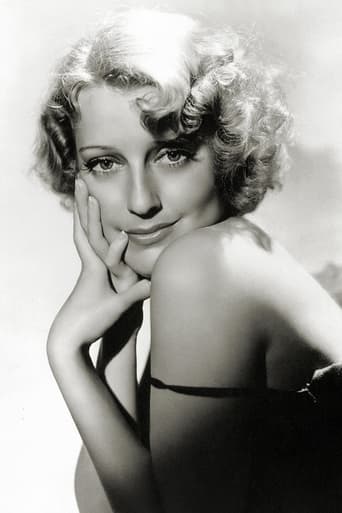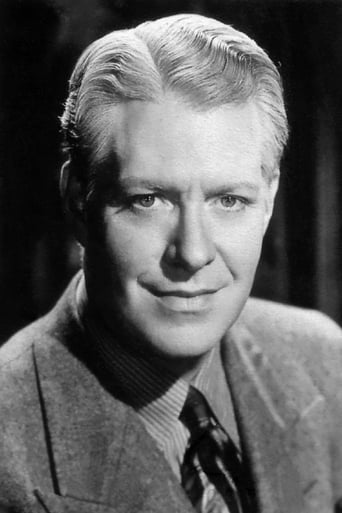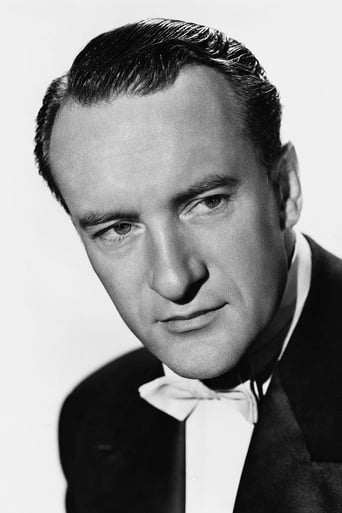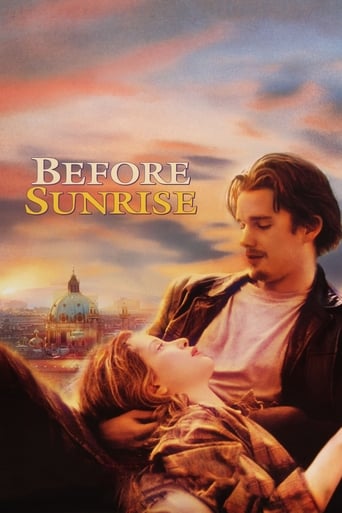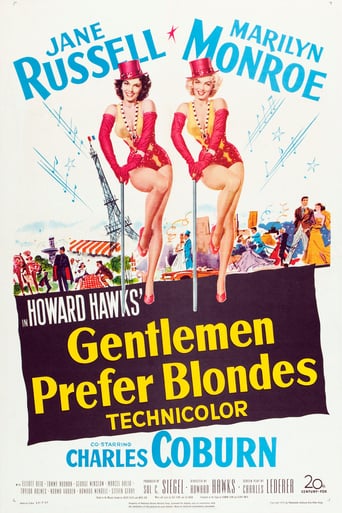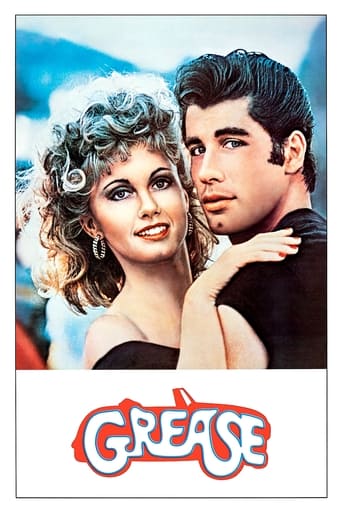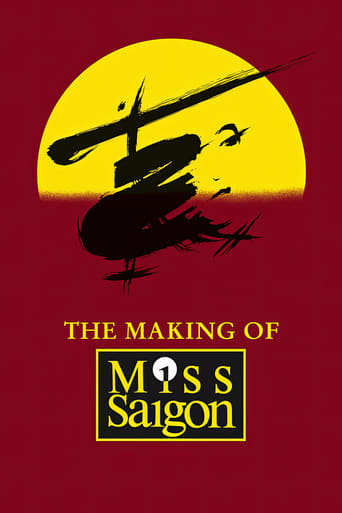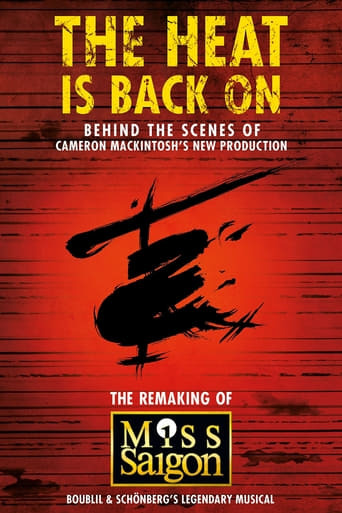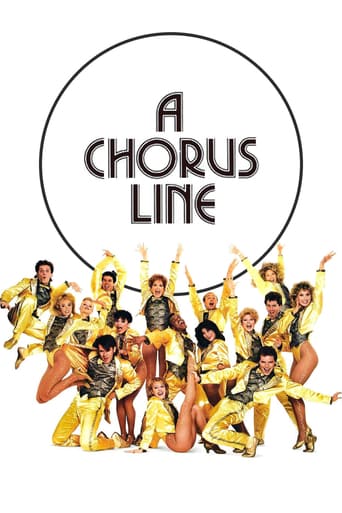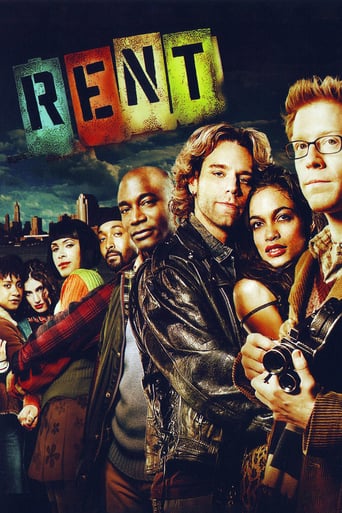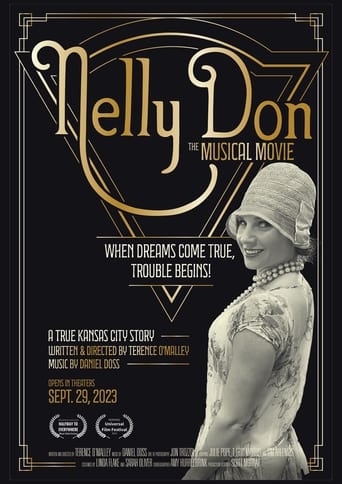Bitter Sweet (1940)
A woman runs away with her music teacher in order to escape an arranged marriage, but they struggle to make ends meet.
Watch Trailer
Free Trial Channels
Cast


Similar titles
Reviews
Excellent, Without a doubt!!
A Disappointing Continuation
Go in cold, and you're likely to emerge with your blood boiling. This has to be seen to be believed.
There are moments that feel comical, some horrific, and some downright inspiring but the tonal shifts hardly matter as the end results come to a film that's perfect for this time.
Directed by W.S. Van Dyke, Noel Coward's play (treated by Lesser Samuels) and songs and the 1933 film was remade into this colorful costumer and musical romance drama for Jeanette MacDonald and Nelson Eddy (fans). It received Oscar nominations for its Color Art Direction and Cinematography. The cast also includes George Sanders, Ian Hunter, Felix Bressart, Sig Ruman, Veda Ann Borg, and Herman Bing (among others).In London, 1891, hopelessly romantic Sarah Millick (MacDonald) skips out of her arranged marriage to elope with her penniless Viennese music tutor Carl Linden (Eddy), much to the dismay of her mother (Fay Holden), her dullard foreign minister fiancé Harry (Edward Ashley), and his mother Lady Daventry (Janet Beecher), though her friend Dolly (Lynne Carver) is delighted. Carl & Sari (as he calls her) immediately leave for Vienna where, after she has a chance meeting with Baron Von Tranisch (Sanders), the couple is greeted enthusiastically by Carl's friends Ernst (Curt Bois) and Max (Bressart). The celebration is continued, later, at Mama Luden's (Greta Meyer) restaurant.After a year, the Lindens are still happy and poor. Sari begins to write a letter home to ask for money, but instead ends up offering her services as a singing tutor to a market keeper (Bing) for food. Unable to sell his completed operetta, Carl ends up inadvertently bungling her arrangement. Ernst & Max, who have a penchant for pawning Carl's possession for food & drink, have an idea - play outside the baths in Bonn in hopes of attracting a millionaire's ear. The four of them do just that and, hearing Sari sing Carl's operetta, British Lord Shayne (Hunter) believes that it brings him luck in his card game with the Baron and others. He sends them money to continue but, after the Baron loses to Shayne, he looks out the window and recognizes pretty Sari. The Baron then sends a messenger to take the makeshift band away, to a job working at Herr Schlick's (Ruman) café.Schlick doesn't know what to do with the players until he sees Sari, then he hires her & the others and fires Manon (Borg, barely in two scenes), who'd been the Baron's previous mistress. Even though Sari is never asked to sing, she & Carl are oblivious to the arrangement between Schlick and his regular customer the Baron, who insists that the café owner keep his mistresses employed for his (own purposes &) excellent patronage. When by chance, Harry Daventry visits with his wife Jane (Diana Lewis), the Baron's arrangement becomes clear to Sari, who then quits Herr Schlick. The Baron is naturally furious with the café owner when he learns that his new mistress won't be dining with him, but Schlick tells dishwashers Ernst & Max that the famous (producer?) Herr Wyler (Charles Judels) will be coming to his café that night. The friends tell Sari of it and, seeing a chance to sing Carl's operetta for him, she joins a surprised Carl (who plays the piano there) at Schlick's. But it is Schlick that is surprised when he learns that Wyler really is there, brought by Lord Shayne to hear Sari sing. Just as she's completed singing the operetta, the drunken Baron accosts her, initiating a fatal duel between the master military swordsman and poor Carl.But the show must go on. Sari refuses Harry & Jane's offer to return to London with them; her home is now the place that Carl loved, Vienna. With Wyler and Shayne's help, Carl's opera is produced, performed by Sari to great success, one which is "bitter sweet".The film ends with a fantasy sequence much like an earlier MacDonald/Eddy vehicle, Maytime (1937), does.
I've seen the Noel Coward operetta on which this movie is - loosely - based, and I didn't much care for that either. MacDonald/Eddy movies worked when the music was good and well staged, but that isn't the case here. The one big number, "I'll see you again," is over within the first five minutes. From there on, it's just forgettable imitation Viennese operetta music ("Tokay," "Ziguener," etc.).Normally, this is one of their movies that I take a pass on.But when I watched it today, I couldn't help notice how heavily it stresses that England is sexually and emotionally very repressive. The romantic couple flees to Vienna, which is described over and over as "gay." When they arrive, they are met by several of the male lead's male friends, who are very effusive in expressing their delight at seeing him.Which set me to wondering: was someone - Coward, the screenwriter - trying to set this up as an allegory of gay Coward's own feelings of sexual repression in England? The male lead, very much unlike in most movie operettas of the time, gets killed in the end, and by a military bully, just the sort who would pick on a gay man. (Though the male lead in this movie is certainly not presented as gay.)Just a thought.
Noel Coward, who wrote both the words and the music of the original 1929 operetta, called this movie "a nauseating hotchpotch of vulgarity, false values, seedy dialogue, stale sentiment, vile performances, and abominable direction." He found it so offensive that he never again allowed Hollywood to have anything to do with his musicals, and put a clause in his will to that effect.I entirely agree with his evaluation. No one who has had the chance to see the brilliant and heartbreaking original play can look on this bastard tinsel and frou-frou offspring without feeling first incredulity, then disgust, and finally a deep personal hatred for everyone involved in the nasty thing.By the way, the connection between this movie and "Maytime" is complicated. You see, some Hollywood suit didn't like the original show, "Maytime", but wanted to use the title, and so they ripped off the plot of "Bitter Sweet" and combined it with lots of songs that aren't from either "Maytime" or "Bitter Sweet", apart from just one actual "Maytime" song, and called the result "Maytime". (Eddy and MacDonald's movie called "The Chocolate Soldier", similarly, is the plot of the play, "The Guardsman", mixed with some of the songs from "The Chocolate Soldier", but none of the plot.) So when they decided to make "Bitter Sweet", they kept the same basic plot, but dumbed it down, creating this abortion.
In the style of the great "Maytime " , director W.S.Van Dyke(San Francisco, Tarzan, the ape man ) adapted the original operetta by Noel Coward . The movie is a glamorous, romantic piece , wiht a magnificent photograhy, wonderful songs and a pair of unforgettable stars, Jeanette MacDonald and Nelson Eddy . Music, tragedy, love , all the elements are present in this beautiful picture , a joy for the moviegoer .Nelson and Jeanette sang with passion and his magic is beyond the scenes , his magic truly touched our hearts.

